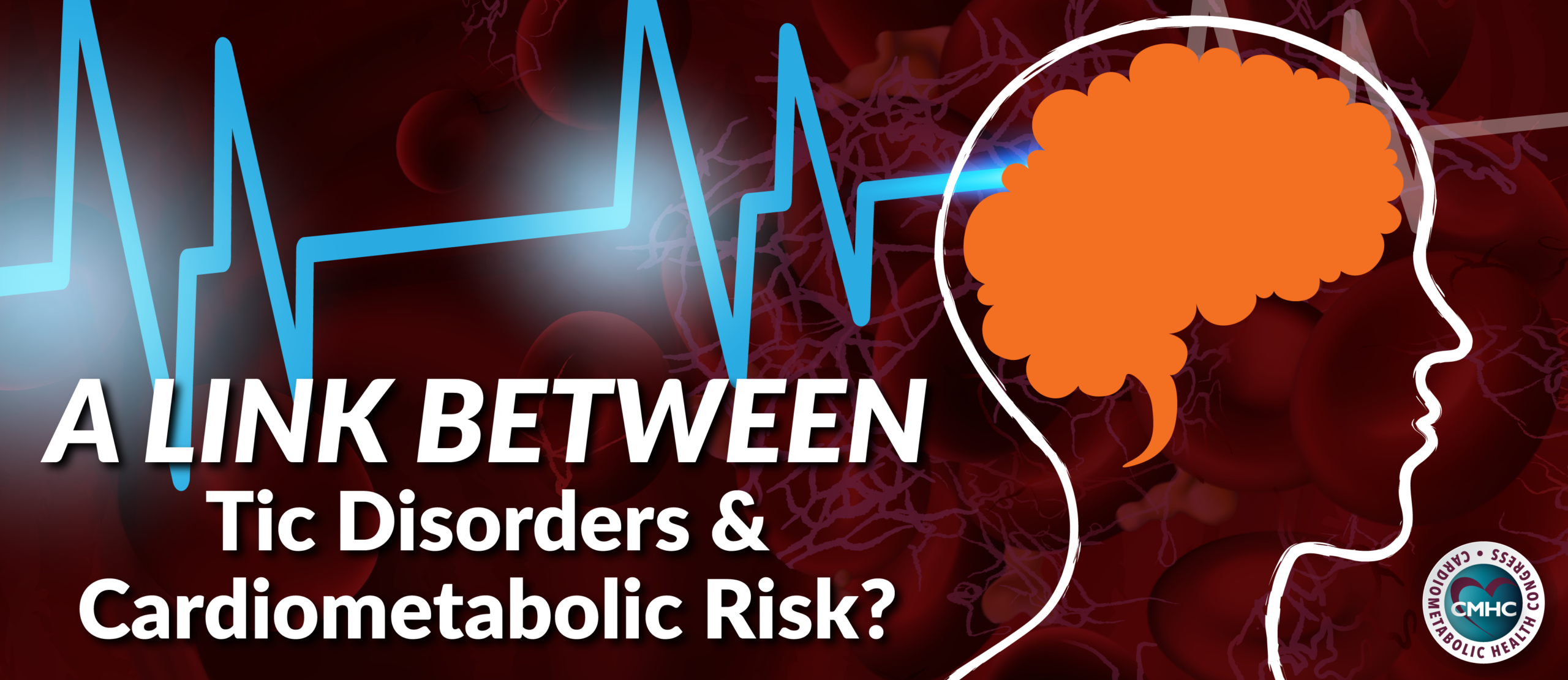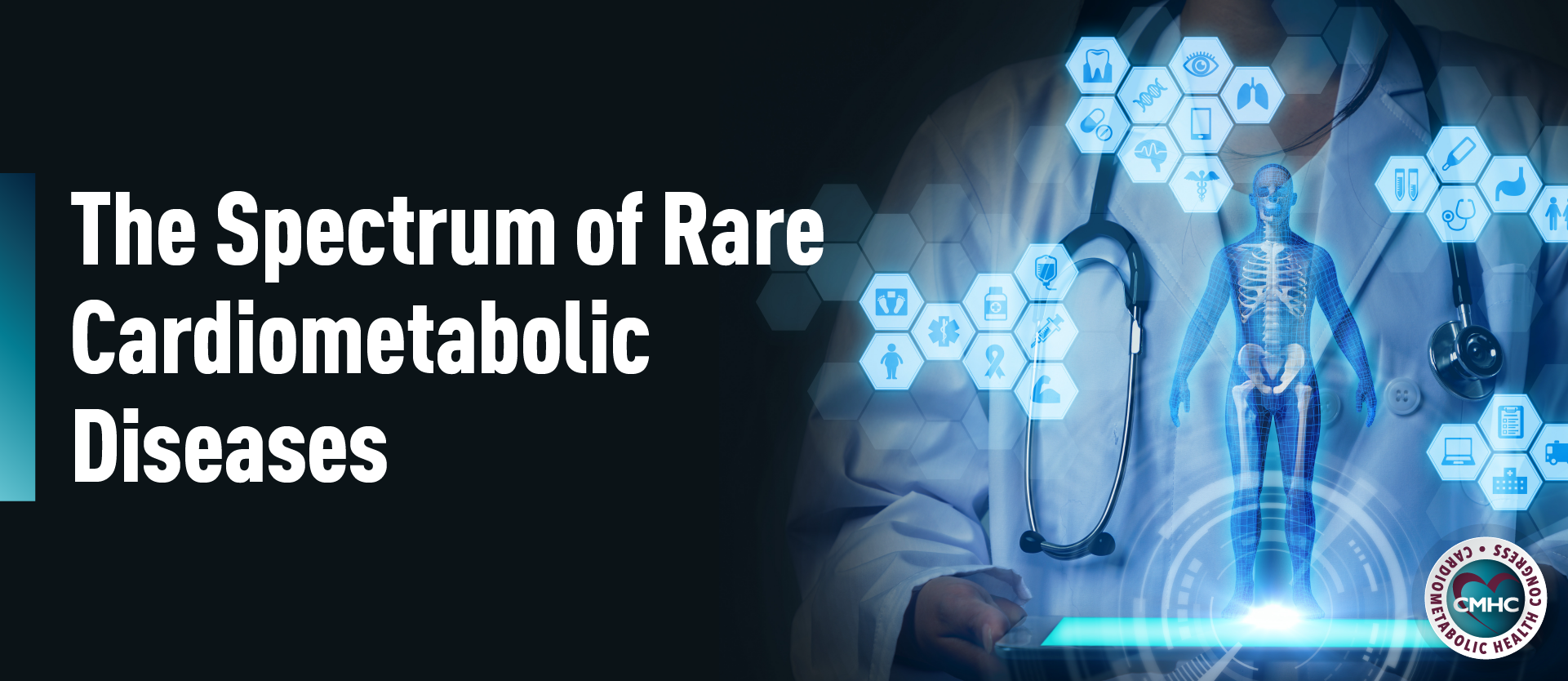Findings recently published in JAMA Neurology indicate that patients with Tourette syndrome, or chronic tic disorder (CTD), have an increased risk for developing at least one cardiovascular or metabolic disorder. Researchers from the Karolinska Institutet in Sweden examined data from almost 8,000 individuals with registered diagnoses of TS and CTD—finding that compared with the general population, they were nearly twice as likely to develop a cardiometabolic disorder, such as diabetes or obesity. While previous research has confirmed the correlation between tic disorders and an array of adverse health issues, there is limited research regarding the underlying risk factors and root causes.
In an interview with Medscape Cardiology, senior author Lorena Fernández de la Cruz, MD, assistant professor, Department of Clinical Neuroscience at Karolinska Institute, stated: “Our findings underscore the importance of carefully monitoring cardiometabolic health in patients with Tourette syndrome and CTD from an early age.” A subgroup of patients with CTD or Tourette syndrome who could be compared to siblings controls still surpassed the general population; Fernández de la Cruz noted that this could indicate “at least part of the risk for cardiometabolic disorders might be due to the tics themselves.” When analyzing specific disorders, those individuals with Tourette syndrome or CTD were at a higher risk for obesity and circulatory system diseases.
Researchers observed an elevated risk of cardiometabolic disorders as early as age 8; the data indicated that the risk of developing at least one cardiometabolic disorder by the end of the follow-up study—at an average of 41 years—was 52.5 in people with Tourette syndrome/CTD, compared to 29.5 in the general population. In commenting for theheart.org | Medscape Cardiology, Carol A. Mathews, MD, Department of Psychiatry, University of Florida in Gainesville, stated: “It is a clinically important study in that it suggests that psychiatrists and neurologists and other healthcare providers should routinely screen for cardiovascular and metabolic disorders among individuals with Tourette syndrome, including children.” Matthews serves as co-chair of the scientific advisory board of the Tourette Association of America.
While Mathews concurred that various factors could account for the study’s observations, she noted that the combination could include higher genetic risk, lifestyle factors, potential medications other than those specified in the study. Matthews additionally encouraged healthcare practitioners & professionals working with this population of patients to help them manage their respective weights through enhancing proper nutrition and diet, increasing physical activity and exercise regimens, and minimizing screen time—in addition to limiting medications that could increase cardiovascular or metabolic issues.
Additional References
https://www.tctmd.com/news/tourette-syndrome-chronic-tic-disorder-risk-cardiometabolic-disease


















